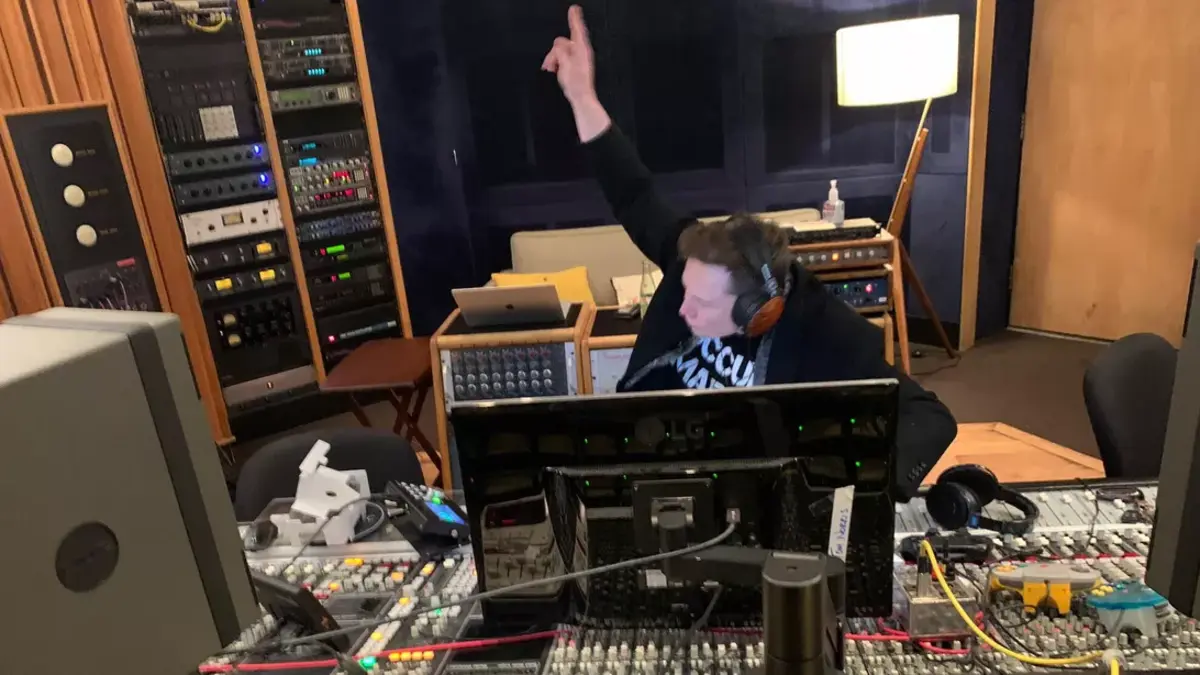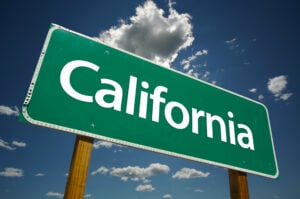
Ohio has had it with Centene’s alleged “corporate greed.”
The state filed a lawsuit last week claiming that the St. Louis-based Centene company engaged in an elaborate plot to maximize profits at the expense of its Medicaid department. But Centene denies any wrongdoing, stating that the claims are “unfounded.”
The lawsuit alleges that Centene subsidiary Buckeye Health Plan, a managed care organization, used three subcontractors to provide pharmacy benefits in order to inflate costs. This resulted in millions of dollars in overpayments made by the Ohio Department of Medicaid, the state’s Attorney General Dave Yost said in a statement issued last Thursday.
“Corporate greed has led Centene and its wholly-owned subsidiaries to fleece taxpayers out of millions,” Yost said. “This conspiracy to obtain Medicaid payments through deceptive means stops now.”
The lawsuit comes several years after a Columbus Dispatch investigation that described how Centene’s Buckeye Health Plan contracted with two companies, Envolve Health Solutions and Health Net Pharmacy Solutions, to administer pharmacy benefits though it had already hired CVS Caremark to manage these same benefits. In other words, Buckeye was double-billing the state by using two different sets of pharmacy benefit managers.
Pharmacy benefit managers administer prescription drug benefits on behalf of health insurers, Medicare Part D drug plans, large employers and other payers. They essentially act as middlemen and their role in the drug distribution chain has faced increased scrutiny in recent years, according to a 2019 explainer by The Commonwealth Fund. This is largely because pharmacy benefit managers often receive rebates that are calculated as a percentage of the manufacturer’s list price, meaning they get a higher rebate for more expensive drugs.
In this case, suspicions were raised due to the fact that Buckeye charged nearly double for prescription drugs compared with other managed care organizations hired by the state to coordinate Medicaid services.
The attorney general’s office, through outside counsel, investigated Centene and Buckeye and found evidence of several contract violations. These include filing reimbursement requests for amounts already paid by third parties, failing to accurately disclose the true cost of pharmacy services and artificially inflating dispensing fees.
The lawsuit was filed in the Franklin County Court of Common Plea under seal due to a confidentiality and nondisclosure agreement.
In a statement issued last week, Centene said that its pharmacy contracts are reviewed and pre-approved by state agencies before they go into effect. The insurer also claimed that these pharmacy benefit services saved millions of taxpayer dollars for Ohioans.
“We look forward to answering any of the attorney general’s questions,” the insurer said. “Our company is committed to the highest levels of quality and transparency.”
This is not the first time AG Yost has gone after pharmacy benefit managers. Just last year, Yost filed a lawsuit against Express Scripts, accusing the company of multiple contract breaches that allowed it to pocket millions in overcharges to the state.
Photo: Hailshadow, Getty Images




 Tahmina Watson
Tahmina Watson
 Jordan Rothman is a partner of
Jordan Rothman is a partner of 




 Kathryn Rubino is a Senior Editor at Above the Law, and host of
Kathryn Rubino is a Senior Editor at Above the Law, and host of 


